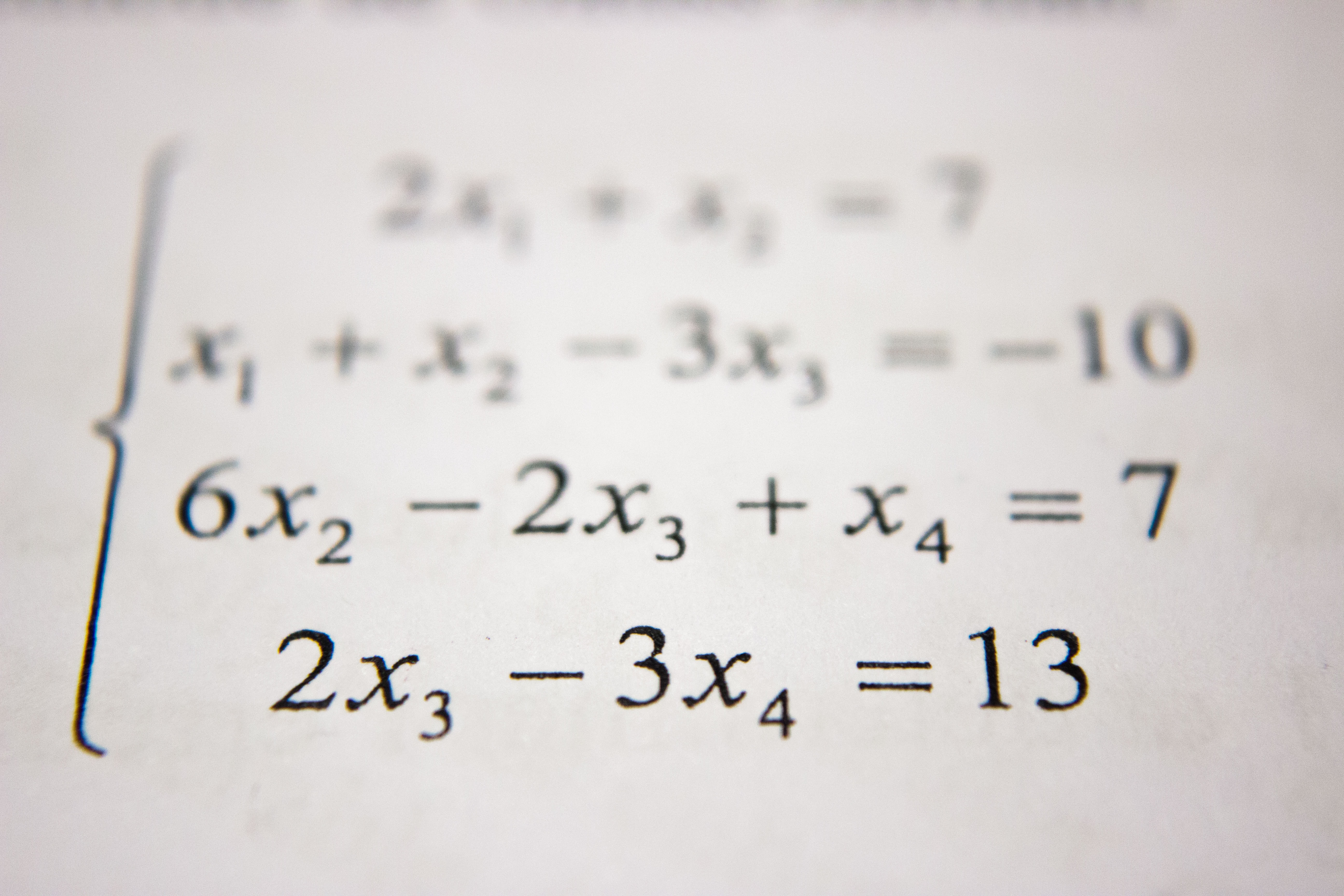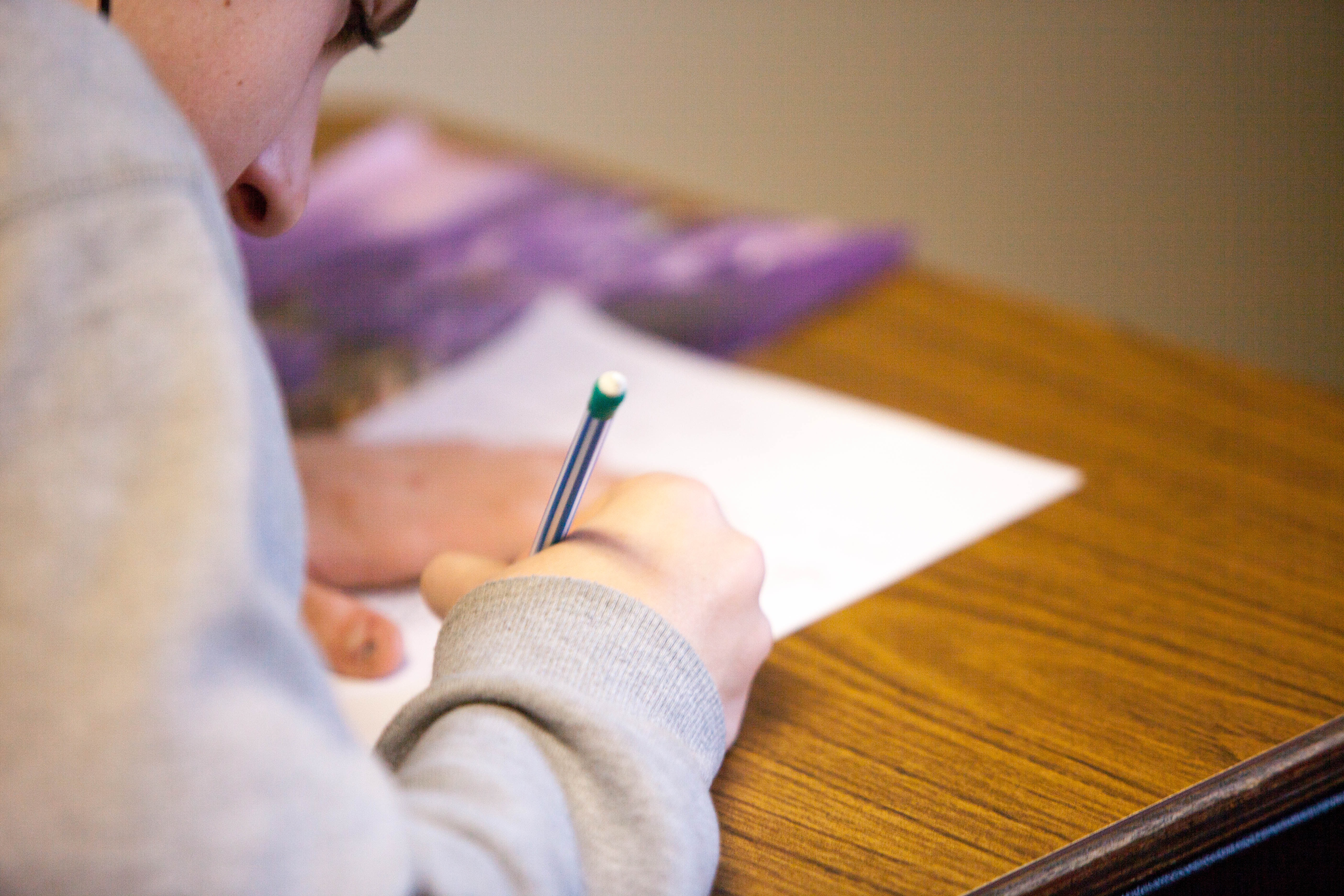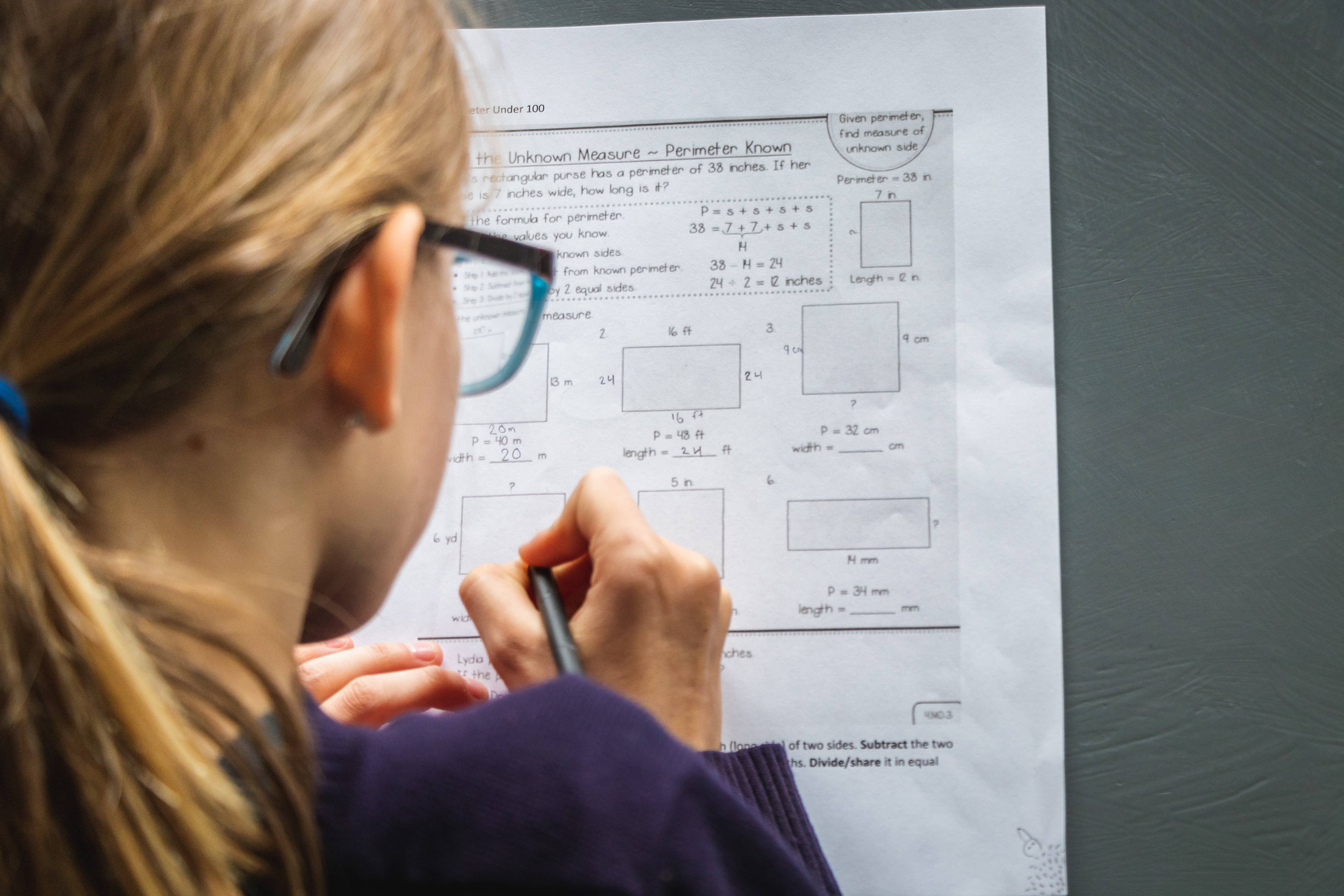The history of numbers is as complicated as the history of any other field of study. Mathematics has been around since the beginning of time, even when it was unknown and unnamed, humans already used numbers, cubic operations, geometry, algebra, and more.
Understanding the history of a subject helps learners understand the subject from another perspective. To learn more continue reading and find out what is algerba, how it developed over time, and more.

What Are the Essentials of Algebra?
Algebra is a branch of mathematics that studies mathematical symbols and the rules to manipulate these symbols in formulas. It is a unifying thread of almost all mathematics.
There are various branches under the umbrella of this subject. For instance, there's an elementary algebra which is manipulating variables as if they were numbers and is therefore essential in all applications of mathematics.
Then abstract or modern algebra studies algebraic structures such as groups, rings, and fields. There's also linear algebra which deals with linear equations and linear mappings. It is used for modern presentations of geometry and has many practical applications (in weather forecasting, for example).

The word algebra (al-jabr) comes from Arabic and it means 'reunion of broken parts.' The word and the field of study originated from an ancient Arabic book called 'The Science of Restoring and Balancing' by Persian mathematician and astronomer al-Khwarizmi.
In his work, al-Khwarizmi used the term al-jabr to refer to the operation of moving a term from one side of an equation to the other, and "balancing" referred to adding equal terms to both sides.
From Arabic and al-Khwarizmi's work, the word al-jabr was shortened in Latin to algeber and during the 15th century, the word entered the English language. It originally referred to the surgical procedure of setting broken or dislocated bones. The mathematical meaning was first recorded (in English) in the 16th century.
The roots of algebra can be traced to the ancient Babylonians, who worked on creating an arithmetical system to do calculations algorithmically. The Babylonians developed formulas to calculate solutions for problems typically solved today by using linear equations, quadratic equations, and indeterminate linear equations.
Since then, mathematicians from all over the world helped to develop the field. For instance, the Greek mathematician Diophantus was the author of a series of books called Arithmetica. The book deals with solving algebraic equations and have led, in number theory, to the modern notion of the Diophantus equation.
The Greeks invented geometric algebra where terms were represented by sides of geometric objects, usually lines, that had letters associated with them.
Learning algebra can be challenging, but the solution could be to learn with the help of a private tutor. A tutor is capable of teaching more than just the history of that subject, they can give you extra problems to solve, help you concentrate on your work, teach you tricks and tips for solving complicated operations or problems, and more.
How Was Abstract Algebra Born?
There was a shift in the methodology of mathematics during the end of the 19th century and the early 20th century. This is the moment when abstract algebra —also known as modern algebra— was born.
The development of the field represented a component of the movement for greater academic rigor in mathematics. The fundamental presumptions of classical algebra, upon which the entirety of mathematics (as well as the majority of the natural sciences) depends, were originally expressed as axiomatic systems.

Mathematicians were unsatisfied with establishing the properties of concrete objects, which is why they turned their attention to general theory. In the 19th century, formal definitions of several algebraic structures started to appear.
For instance, conclusions regarding various permutation groups came to be seen as examples of general theorems that relate to a broad concept of an abstract group. Questions about the structure and classification of various mathematical objects came to light.
These processes were present in all of mathematics, but algebra brought them to a heightened level. Many fundamental algebraic structures, including groups, rings, and fields, were suggested for formal definition by simple operations.
This is why things like group theory and ring theory took their places in pure mathematics.
The work of mathematicians like Ernst Steinitz, David Hilbert, Emil Artin, Emmy Noether, Leopold Kronecker, Richard Dedekind, and many more came to define abstract algebra. Each mathematician worked on different notions but each branch together became abstract algebra.
This is how the meaning of the word algebra forever changed for the mathematical community from the theory of equations to the theory of algebraic structures
Learning Abstract Algebra
Learning algebra is not about memorizing keywords like quadratic, geometric, Diophantus, cubic, and so on. To understand the subject you need to become familiar with keywords as well as with the operations, numbers, equations, roots, correct language, and more.
If you want to get a degree in mathematics you'll have to take abstract algebra classes and understand the development of the field.
In your algebra classes, you'll have to solve different operations, equations, and problems. To learn how to solve an equation or a problem, you need to understand basic arithmetic and the order of solving an equation.
For instance, you have to pay attention to a parenthesis, if there are negative numbers, if there are three or more different operations to solve, if you have fractions, and so on.
A good mathematician takes their time solving any equation, regardless of the level of experience. To solve an equation properly you need to pay attention to all the elements and the possible solutions. This is why you must take your time with mathematical problems or equations.

Learning algebra is also learning about the different elements of the subject. You also should learn what are Greek letters used by mathematicians to solve a problem.
Understanding the ancient history of algebra will help you comprehend general terms and the stage of the subject. You'll know that it is a modern branch of algebra, but that algebra dates back to ancient times.
We recommend you do this for any subject, regardless if you're learning algebra, calculus, or geometry; you should pick up a book and learn about the roots of the field to have a general understanding of its application and development.
Learn Algebra with a Private Tutor
Solving a cubic or quadratic equation is not as simple as picking up a book and finding all the solutions to the problem in three easy steps.
This is why working with a private tutor is highly recommended for students of all ages, backgrounds, and levels. Private tutoring is a form of education that roots in the need of students to have an alternative to the common education system.
Tutors usually have a degree in the subject they teach and they also have experience or another degree as educators. If you want to learn algebra without having to read a book or worry you are falling behind in school, you can hire a tutor to help you.
Some students don't choose to find a tutor because they are uneasy about the unknown. However, once you start your classes with the help of a tutor you'll see how quickly you improve your numbers and grades.
There are all kinds of tutors offering lessons at Superprof. You can find tutors for different subjects, teaching to people at a different stage in their life (not only high school students), and teaching at different levels (beginner, intermediate, advanced).

On Superprof you'll be able to find tutors teaching abstract algebra or linear algebra at beginner, intermediate, or advanced levels. All you have to do is communicate your level of knowledge and understanding to allow your tutor to come up with a lesson plan geared towards your goals and needs.
Tutoring lessons can be held online or in-person. Online lessons are more flexible because they allow students to find someone intermediate, which means not necessarily in their home town but also not too far away that they're in another time zone.
Private tutor is a form of education developed to help struggling students. However, it shouldn't only be reserved for students who are having negative outcomes in a class.
Tutoring can also be a solution for students who are ahead of their classmates and feel unchallenged. People think that tutoring is a form to help only someone who is doing poorly in a class. However, good students sometimes feel unchallenged in class and become interested. This is why tutoring can be a solution for them to keep them challenged and engaged.
Summarize with AI:















